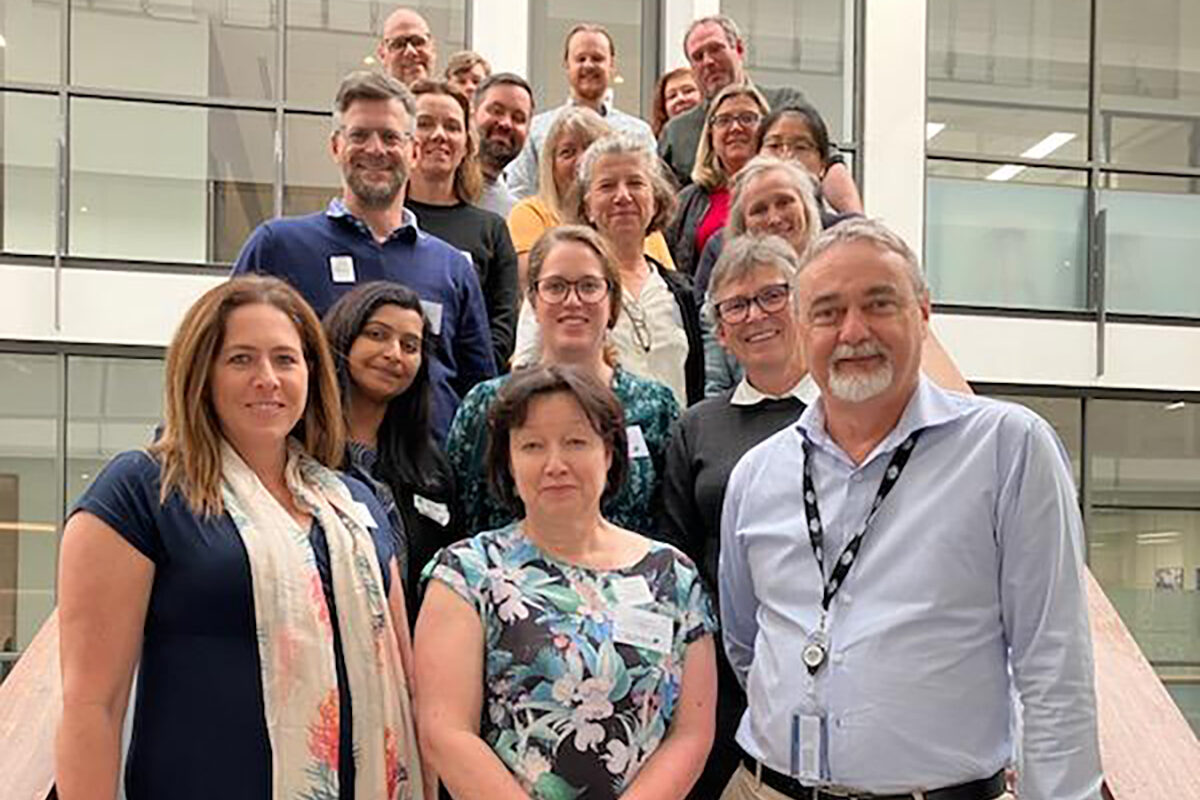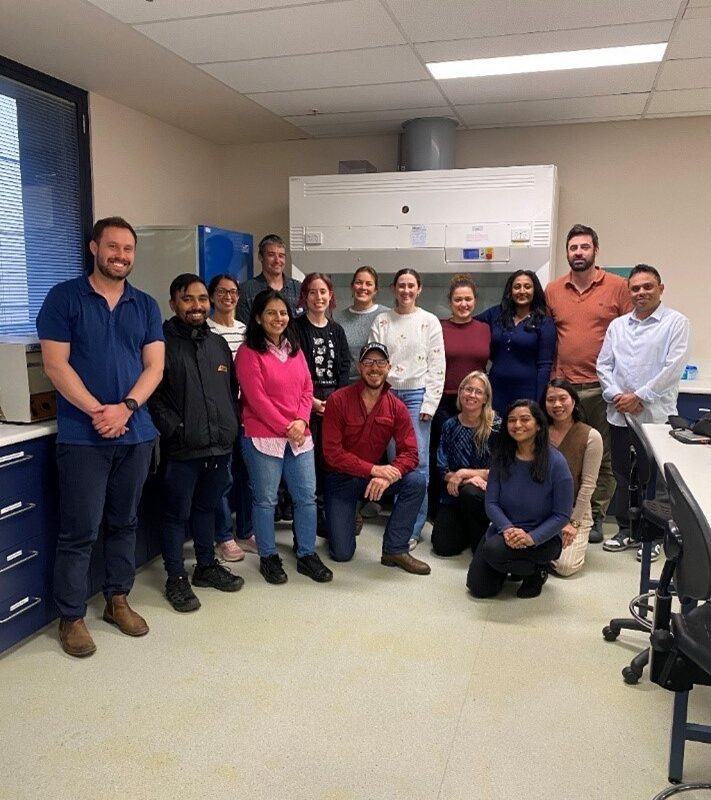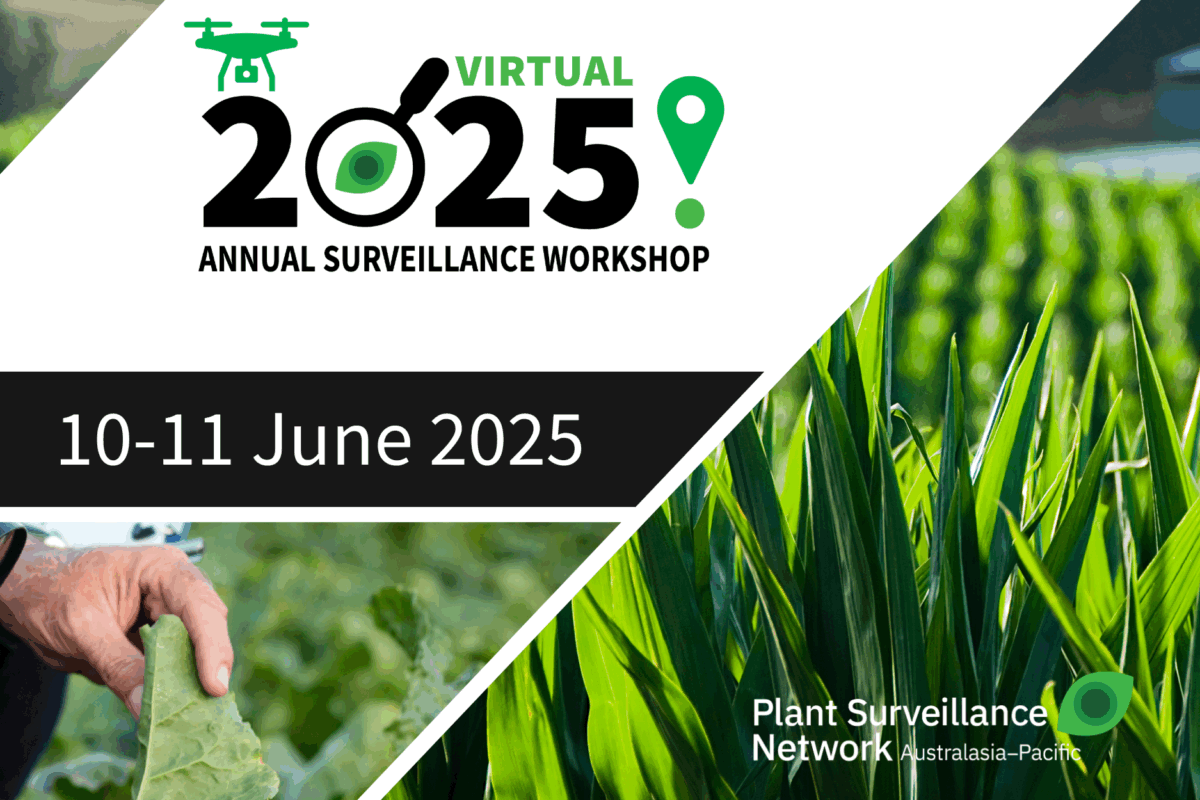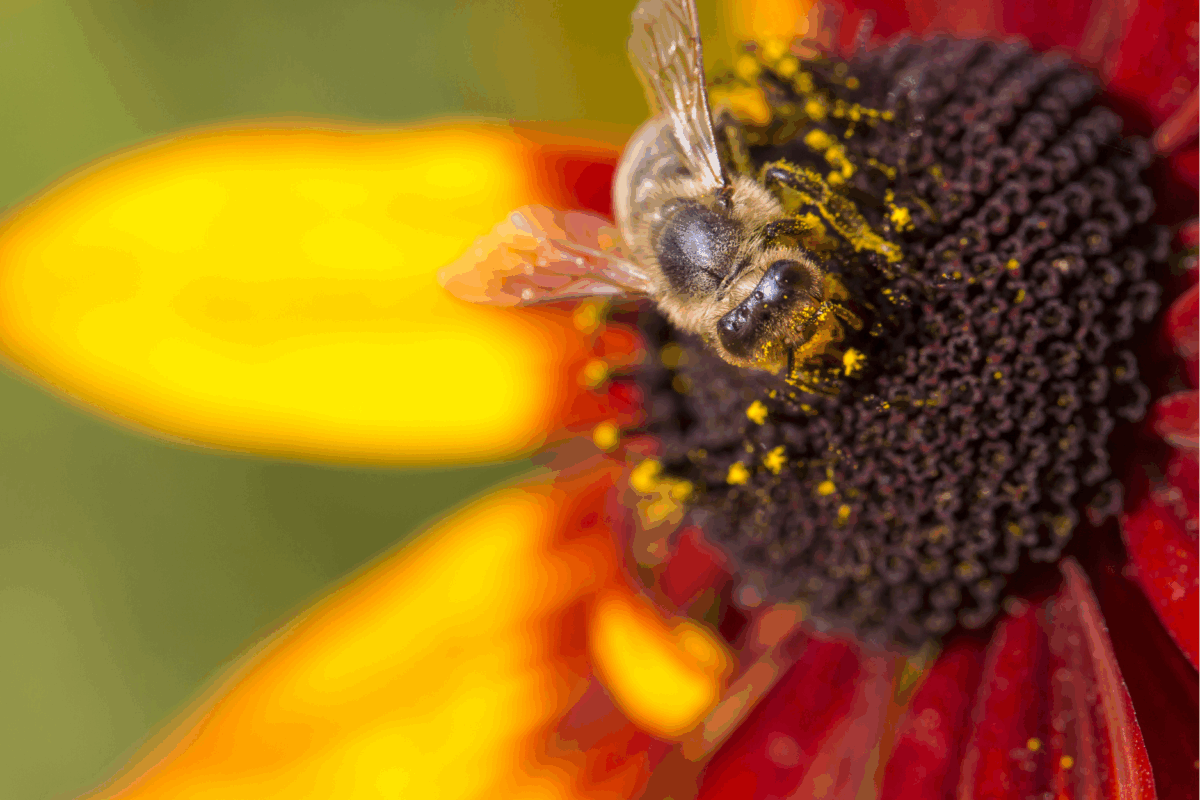PSNAP supports plant pest surveillance
A National Surveillance Protocol (NSP) workshop was held at the Australian Department of Agriculture, Fisheries and Forestry (DAFF) offices in Melbourne from 10-11 September, funded by the Plant Surveillance Network Australasia-Pacific (PSNAP).
PSNAP serves as a central hub for coordinating plant pest surveillance efforts. It aims to strengthen surveillance capacity and capability through workshops and professional development programs.
The workshop titled, Where to next for National Surveillance Protocols (NSPs), brought together 19 surveillance professionals from government and industry across Australia. Participants discussed ways to improve NSPs in terms of content, format, and utility, aiming to enhance their overall effectiveness.
National Surveillance Protocols (NSPs) provide essential guidance for developing surveillance plans. They include details on methodology, plant and pest biology, taxonomy, identification and sample processing. NSPs play a critical role in ensuring that Australia’s plant health surveillance system meets national and international standards. The Subcommittee on National Plant Health Surveillance (SNPHS) oversees the development of these protocols.
Key outcomes and recommendations from the workshop will be consolidated by the National Surveillance Protocol Working Group (NSPWG) and SNPHS for potential implementation.
The workshop and travel costs for eligible participants were funded by the National Plant Biosecurity Surveillance Professional Development and Protocols Project, coordinated and delivered by Plant Health Australia (PHA) and funded by DAFF.






